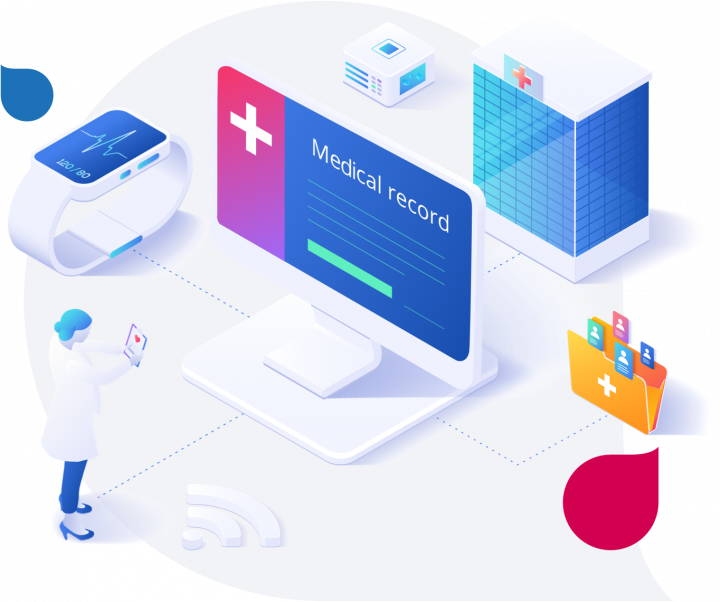Interoperability
Interoperability, the cornerstone for expanding eHealth services

An increasing range of digital solutions are being made available to patients and professionals to facilitate information-sharing throughout a patient’s care journey, to improve medical decision-making and preventive treatment, and to simplify procedures. These solutions have to be able to interconnect quickly without the need for complex and costly software development so that they can take advantage of the potential of semantic interoperability and the structured data contained in health records and offer a wider range of value-added services.
The Agence du Numérique en Santé is responsible for defining the interoperability standards to facilitate digitalising and harmonising the information exchanged while at the same time respecting the autonomy of the various health Information Systems involved. These standards are dynamic and evolving, jointly developed in conjunction with the relevant stakeholders in the health and social care sectors and based, where possible, on international standards. The Interoperability Framework for Health Information System (CI-SIS), the health object model (MOS) and associated nomenclatures (NOS), and health terminologies are all key contributors to the development of joined-up and mutually compatible eHealth services.




